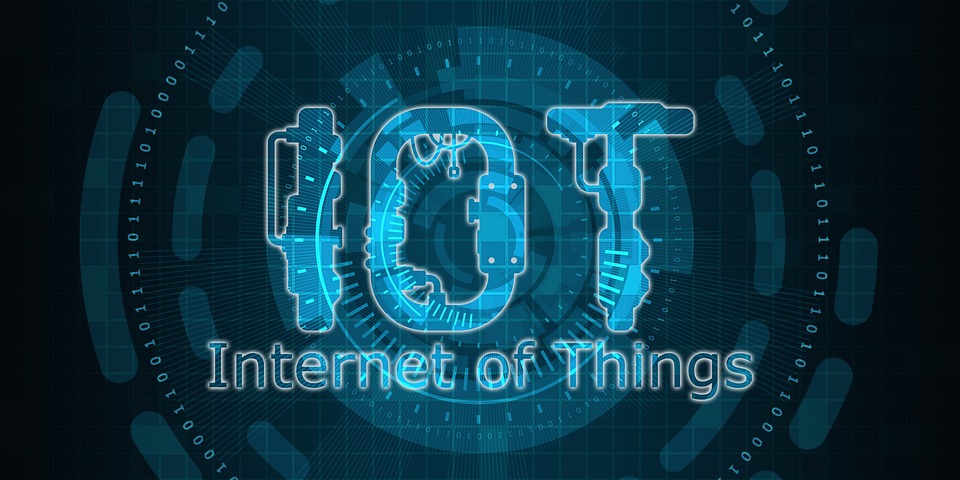
How important is IoT in this modern world?
The Internet of Things (IoT) has quickly evolved from a futuristic concept to a cornerstone of modern technology. By 2025, forecasts suggest that there will be more than 75 billion IoT-connected devices in use worldwide, a clear indicator of its significance in everyday life. Whether it’s a smart thermostat adjusting your home’s temperature or an industrial sensor monitoring equipment health, IoT is transforming industries, homes, and cities by making them more intelligent, efficient, and interconnected.
As this technology continues to expand, it will play an even greater role in driving the future of automation and connectivity.
IoT’s Expanding Role in Smart Homes
One of the most visible impacts of IoT is the rise of smart home technologies. Consumers are increasingly adopting smart speakers, security systems, and home automation devices, all of which are connected via IoT to offer convenience, control, and energy efficiency.
As of 2023, the smart home market is valued at $79.27 billion and is expected to grow at a 27.07% CAGR, reaching $313.95 billion by 2027.
IoT allows homeowners to control lighting, appliances, and even security systems remotely, making home management more efficient and reducing energy consumption.
IoT in Healthcare: A Critical Player
The healthcare sector is one of the biggest beneficiaries of IoT technology. From wearables that monitor vital signs to smart medical devices that help manage chronic diseases, IoT is transforming patient care by offering real-time data and improved diagnostics.
Remote patient monitoring, powered by IoT, not only improves patient outcomes but also reduces hospital visits and healthcare costs, making healthcare more accessible and efficient.
IoT in Industry: Powering the Industrial Internet of Things (IIoT)
IoT is revolutionising manufacturing processes, supply chain management, and maintenance operations in industrial applications. The rise of the Industrial Internet of Things (IIoT) is enabling businesses to leverage real-time data and analytics to optimise production and reduce downtime.
Predictive maintenance using IoT sensors helps reduce machine downtime, while automated production processes improve efficiency and reduce human error, driving significant cost savings for industries.
IoT in Transportation: Driving Smart Mobility
IoT is playing a crucial role in the evolution of smart transportation systems. From connected vehicles to real-time traffic management, IoT is enhancing the safety, efficiency, and convenience of mobility solutions.
By 2025, there will be over 470 million connected vehicles on the road, enabling features like vehicle-to-vehicle communication, autonomous driving, and smart navigation.
In smart cities, IoT-driven traffic management systems can reduce congestion, improve public transportation efficiency, and lower carbon emissions, creating more sustainable urban environments.
IoT in Retail: Elevating the Shopping Experience
In retail, IoT is helping businesses streamline operations and create personalised shopping experiences for customers. With technologies like smart shelves, automated checkouts, and personalised promotions, IoT is revolutionising the way consumers shop.
Retailers are leveraging IoT data to gain insights into customer behaviour, optimise inventory management, and enhance the overall shopping experience, creating more efficient and customer-centric businesses.
IoT in Agriculture: Feeding the Future
In agriculture, IoT is making farming smarter and more efficient. Connected devices are enabling precision farming, where farmers can monitor soil conditions, optimise irrigation, and track crop health in real-time, resulting in higher yields and reduced resource use.
As global food demand increases, IoT technologies will be critical for ensuring sustainable agricultural practices and feeding a growing population.
As the number of IoT devices and applications continues to grow, its role will only become more significant, driving the future of automation, connectivity, and data-driven decision-making in nearly every aspect of life. Businesses and consumers alike must embrace IoT to stay ahead in this increasingly connected world.
